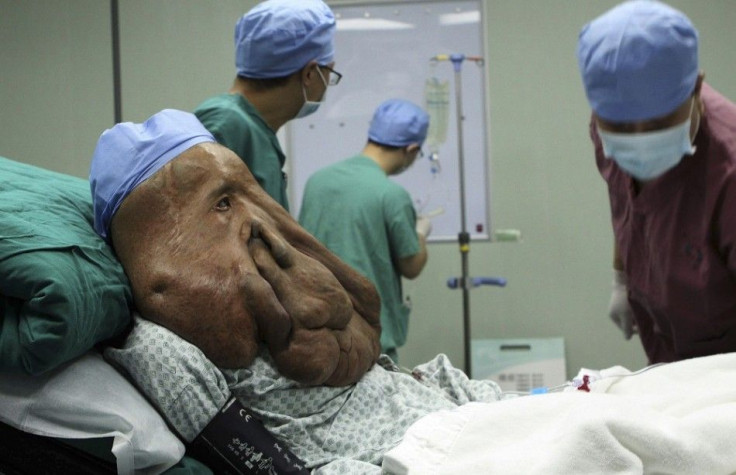Medical Breakthrough: Doctors Develop 'Headphones' That Can Diagnose Brain Injuries

A team of British doctors has developed a technique of identifying life-threatening infections and brain injuries in a person using innovative headphones. According to the physicians, the headphones completely eliminates the need for surgery or other painful spinal procedures for diagnostic purposes.
The device, called cerebral and cochlear fluid pressure, or CCFP, analyser, is currently being used at the Southampton General Hospital. During the pioneering brain pressure test, headphones are put around the person. The earplug in the headphone is then connected to a computer. The ear plug lets doctors measure the fluid pressure in the skull of the patient.
The intracranial pressure, or ICP, is measured with the help of the interconnecting channel between the inner ear and the brain. Due to the interconnection, a slight change in the ICP inside the brain leads to change in the corresponding ear. This lets physicians identify if there is any need for a medical intervention.
Reportedly, the device is being used by NASA to monitor the brain pressure levels in its astronauts. The team at the space agency envisions to manage and control space-related sickness and visual problems with the help of the device.
According to Sky News, the headphones can be to treat and diagnose different brain-related medical conditions such as meningitis and other head trauma injuries. In addition, the latest technological innovation is ready to be used for management and monitoring of patients in coma.
"We know that high pressure inside the skull resulting from injuries and infections can be fatal, so it is essential it is detected as early as possible to avoid exacerbating symptoms and ensure treatment can begin promptly," said clinical scientist Robert Marchbanks, in a statement.
Contact the writer at: emailtoguneet@gmail.com.





















